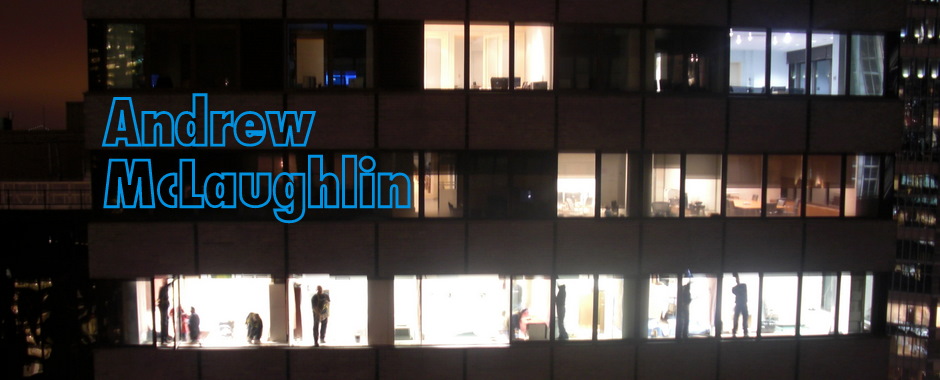New America: Who's Afraid of Online Speech?
Characteristically awesome event at the New America Foundation today. I spoke on “How Can Platforms Fix Online Speech?”, which: not simple. Co-panelists were:
Caroline Sinders, @carolinesinders Product Analyst, Wikimedia Foundation
Whitney Phillips, @wphillips49 Assistant Professor of Literary Studies and Writing, Mercer University Author, This Is Why We Can't Have Nice Things Co-author, The Ambivalent Internet
Dipayan Ghosh, @ghoshd7 Public Interest Technology fellow, New America Joan Shorenstein Fellow, Harvard Kennedy School Former Technology & Economic Policy Advisor, The White House Former Privacy & Public Policy Advisor, Facebook
Moderator: April Glaser, @aprilaser Staff writer, Slate
Our part starts around 1’10'“. Other speakers at the event:
REGULATING POLITICAL SPEECH IN THE AGE OF DIGITAL DISINFORMATION
Sen. Amy Klobuchar (D-Minn.), @amyklobuchar Chair, Senate Democratic Steering Committee Ranking Member, Rules Committee
Dan Gillmor, @dangillmor Director and co-founder, News Co/Lab at Arizona State University Professor of Practice, Walter Cronkite School of Journalism and Mass Communication at Arizona State University Author, Mediactive and We the Media: Grassroots Journalism by the People, for the People
Moderator: Cecilia Kang, @ceciliakang National Technology Correspondent, The New York Times
DOES THE INTERNET REQUIRE US TO RETHINK FREE SPEECH?
Rep. Ted W. Lieu (D-Calif.), @reptedlieu Member, House Committees on the Judiciary and Foreign Affairs
Jennifer Daskal, @jendaskal Associate Professor of Law, Washington College of Law at American University
Kate Klonick, @klonick Future Tense fellow, New America PhD Candidate, Yale Law School Resident fellow, Information Society Project at Yale Law School
Moderator: Cecilia Kang, @ceciliakang National Technology Correspondent, The New York Times

